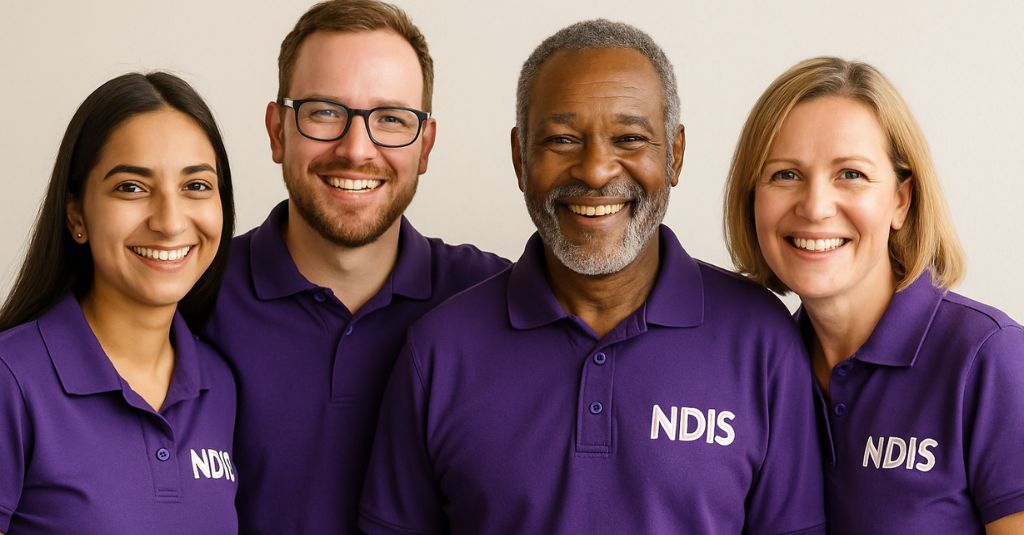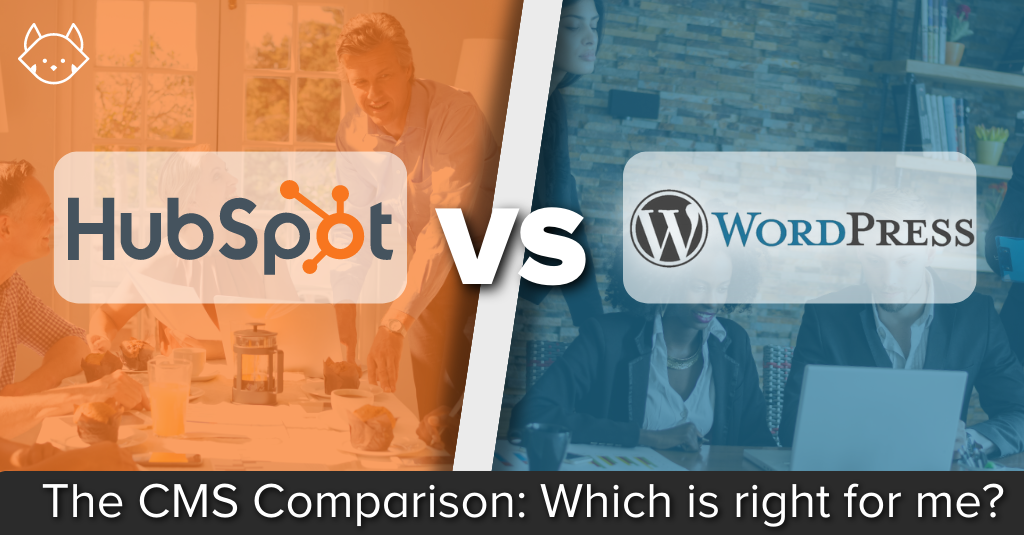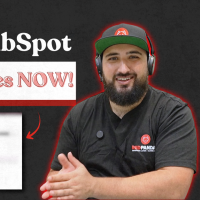Delivering exceptional participant care while maintaining a profitable business is one of the toughest balancing acts for NDIS providers today. To thrive, providers need a strategic framework that covers every essential aspect of their service delivery and business operations.
That’s why I developed the 6 Ps Framework — a holistic approach focused on the key pillars that ensure you meet your participants’ needs and drive sustainable profit. It’s a great starting point for you to help optimise your systems (and culture!) to ensure you’re delivering on participant promises and ofcourse, your own growth.
Here’s a quick summary of the 6 Ps:
- Progress – Keeping participants informed, building trust
- Policies – Compliance, risk management, reducing errors
- People – Culture and team alignment
- Profit – Onboarding right, data integration, financial health
- Payment – Managing cashflow and NDIS payment processes
- Playbooks – Training efficiency and standardisation
Now, let’s explore each in more detail.
1. Progress: Keeping Participants Informed and Engaged
What: Progress refers to the ongoing communication and transparency you provide to your participants. It’s about keeping them informed on their care plans, milestones, and any changes.
Why: Regular updates build trust and confidence, reducing uncertainty and enhancing the participant experience. It’s essential for compliance and participant satisfaction.
How:
- Use a CRM like HubSpot to track participant progress and interactions
- Integrate workforce management systems for real-time updates
- Automate notifications and reports to keep everyone in the loop
2. Policies: Ensuring Compliance and Minimising Risks
What: Policies encompass the rules and regulations that govern your care delivery, including compliance requirements and risk management protocols.
Why: Proper policies reduce errors, protect your organisation legally, and support proactive management of risks.
How:
- Adopt workforce management solutions such as Shiftcare
- Maintain an up-to-date knowledge base using platforms like Notion or HubSpot
- Train staff regularly to embed policy adherence in daily operations
- Hold quarterly All-hands meetings where you remind team on important policies or policy updates
3. People: Building a Strong Culture and Team Alignment
What: People refer to your team and organisational culture — the heart of your service delivery.
Why: A motivated, aligned team improves service quality, reduces turnover, and drives positive participant outcomes.
How:
- Consider using EVP/HR consultants
- Considering HR solutions like Employment Hero
- Foster a culture focused on participant-centred care and continuous improvement
- Provide clear onboarding and professional development pathways
- Look into EOS. In addition to culture fundamentals, it’s a great way to scale a business from an operational lens
4. Profit: Driving Financial Health Through Data and Integration
What: Profit covers your financial sustainability by optimising onboarding, data integration, and financial management.
Why: Without healthy profit margins, quality care cannot be sustained long term.
How:
- Integrate your CRM (HubSpot) with financial systems for transparency
- Monitor key metrics like participant acquisition cost and retention
- Monitor lifetime value
- Monitor proactively churn signals before clients leave
- Streamline onboarding processes to reduce admin overhead
5. Payment: Managing Cashflow and NDIS Payments Efficiently
What: Payment relates to managing participant funding, invoicing, and cashflow.
Why: Cashflow is king. Effective payment management ensures you can continue delivering uninterrupted care.
How:
- Use CRM-integrated tools to track NDIS payments and participant billing
- Automate invoicing and reminders
- Regularly review payment cycles to avoid gaps or delays
6. Playbooks: Standardising Training and Processes
What: Playbooks are your documented procedures and training resources.
Why: Well-maintained playbooks reduce training time, improve consistency, and empower your team.
How:
- Create internal knowledge bases with Notion or HubSpot
- Develop role-specific training modules
- Update playbooks regularly to reflect policy changes and best practices
Conclusion
The 6 Ps Framework is a great place to start to help you deliver on the participant promise while driving profit and growth. By focusing on Progress, Policies, People, Profit, Payment, and Playbooks, you ensure every part of your organisation is aligned, efficient, and participant-centred.
Adopting this framework positions your organisation not just to meet the demands of the NDIS environment but to excel — creating lasting impact for your participants and long-term success for your business.
Get in contact with RedPandas if you need help and assistance on all things CRM and lead generation.













